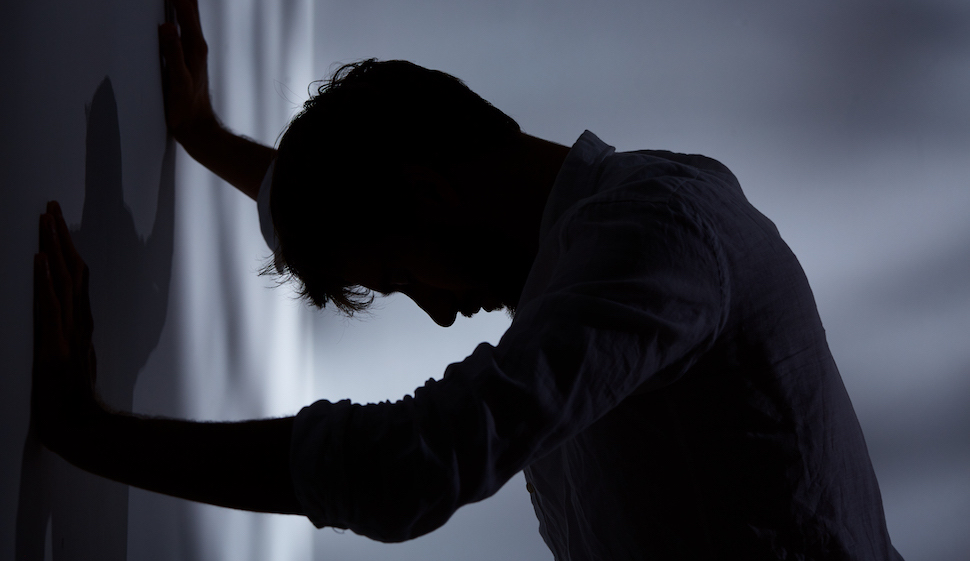

She agreed that he needed help in a hospital setting right away. I called in another psychiatrist to meet with him and offer her opinion. But weĭon’t have anything like that on campus or in our city. In an ideal world, there would be somewhere else for Jacob to go until his mother arrived, someplace other than a hospital, where he could get support and be encouraged to eat, sleep and take some medication. That I wasn’t sure he could have made it back to his dorm. But I reiterate that it wouldn’t have been safe to wait until she got here. I agree that it would have been better if she and Jacob and I could have met in my office together. Jacob’s mother lives a thousand miles away. “I could get a flight in a few days and meet with you and my son.” “So why couldn’t you wait until I got there to see what was going on?” she asks. If one of them became psychotic, I would be in shock. “My son was an all-A student in high school,” she maintains. The hospital, I explain, is the safest place for him right now. He had not been able to get any work done because he was confused and distracted by voices in his head. He was afraid to leave my office, I tell her, because he felt he was being followed on campus. I concede that freshmen can have a tough time adjusting, but emphasize that Jacob is having a psychotic episode. They told me that he hadn’t slept in a week and had barely had anything to eat or drink. I explain that his roommates brought him in earlier that day.

I introduce myself and then deliver the news: “I’ve had to hospitalize your son, Jacob.” One, two, three rings, and the mother of a student who had been in my office minutes earlier answers the phone. I have worked as a psychiatrist with college students for 20 years, and this part never You can increase your own understanding of underlying issues such as bipolar disorder and depression by exploring more in Quiet Minds blogs.I sit in my small office at the university counseling center, sighing as I pick up the phone to make the call that I always dread. Trauma, deep depression, or even a bad breakup can put someone who was already struggling with their mental health at greater risk for a psychotic break, which is why treating these episodes requires compassion and understanding. Psychotherapists can usually track psychotic episodes in their patients, but many who experience a psychotic break will isolate themselves while it’s happening.Īs with many of the misunderstood indicators of psychosis, a person who comes off as difficult or quirky might actually be suffering from mental illness. A psychotic break usually follows other psychotic symptoms or drug use.
#Psychotic break movie#
Like the movie that would have been playing in that Colorado theatre, what is happening before the person suffering from the psychotic break isn’t real, but it sure feels like it, prompting fear, irrational behavior, and even slurred speech.Īn episode like this one usually doesn’t just come out of the blue and psychotic break sufferers do not normally “snap”. What the sufferer feels, hears, sees, and even tastes relates to something with no external context much like a hallucination. The term psychotic break signifies a loss of contact with reality. In fact, it can happen to just about anyone. Holmes is now serving 12 life sentences in prison, but not everyone who experiences a psychotic break with reality goes on to commit mass murder or even becomes violent. The killer was James Holmes, a PhD student who is said to have had a psychotic break. In July 0f 2012, a gunman opened fire in a crowded Colorado movie theatre, killing 12 people and injuring 70 others.


 0 kommentar(er)
0 kommentar(er)
